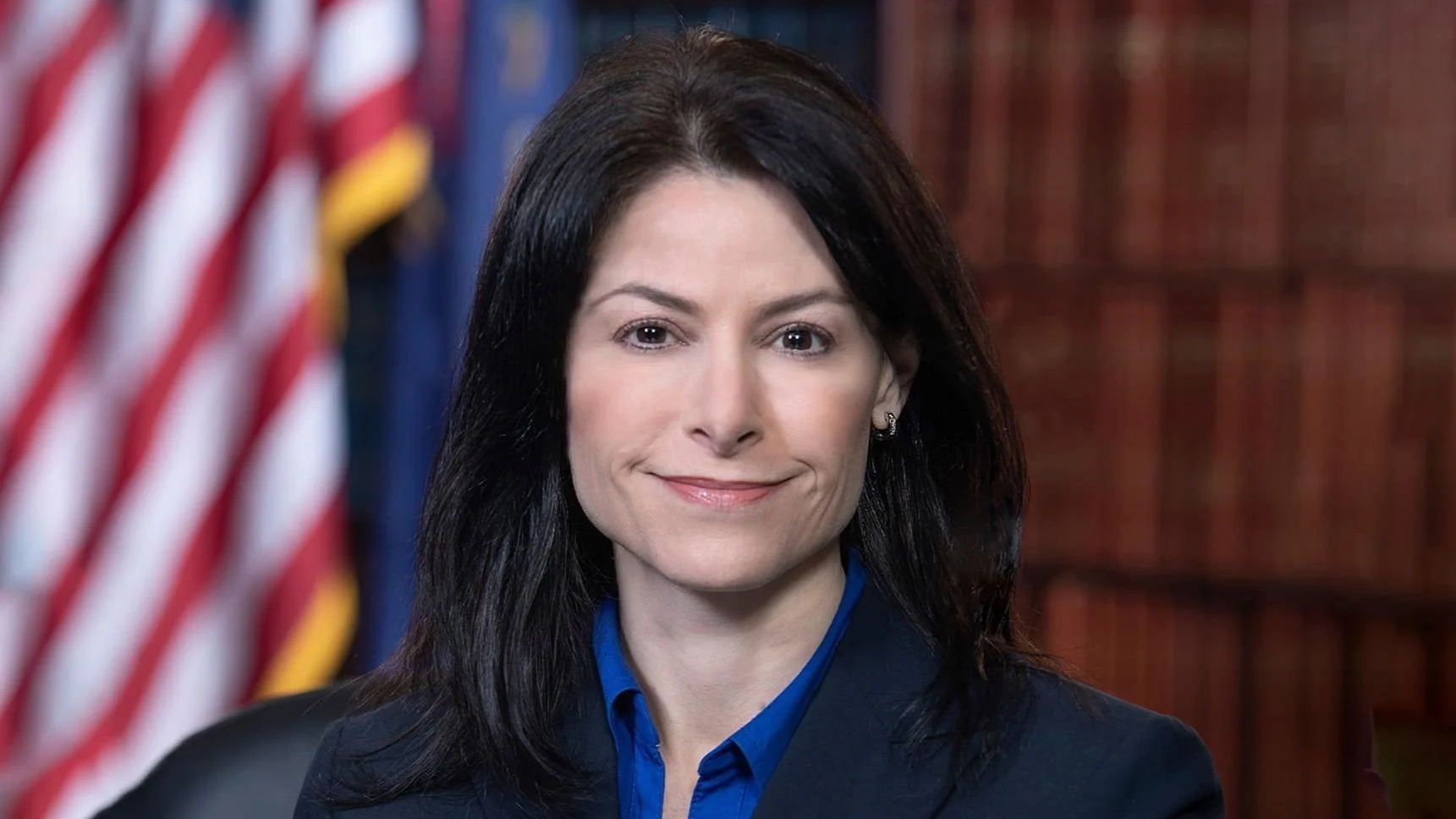Dana Nessel, Attorney General of Michigan | www.facebook.com
Dana Nessel, Attorney General of Michigan | www.facebook.com
Michigan Attorney General Dana Nessel has joined 19 other attorneys general in filing an amicus brief in the U.S. Court of Appeals for the Fourth Circuit. The case, Zinski v. Liberty University, involves Ellenor Zinski, who is suing her former employer for alleged sex-based discrimination after being fired following disclosure of her transgender identity.
Nessel said, "No employee should lose their livelihood simply because of who they are. Liberty University’s actions against Ms. Zinski are a clear violation of the law, and I stand with my colleagues in urging the Court to uphold her right to seek justice, because workers should be judged by their performance, not gender identity."
Zinski was employed by Liberty University as an IT Help Desk worker beginning February 2023. After informing human resources about her transgender status and intent to legally change her name in July 2023—after a probationary period—she was terminated a month later. The university cited its status as a religious institution as grounds for dismissal.
In July 2024, Zinski filed suit under Title VII of the Civil Rights Act of 1964, which prohibits employment discrimination based on sex. A federal judge denied Liberty University's motion to dismiss the case in April 2025; the university has appealed that decision.
The coalition's brief argues that Liberty University's reliance on First Amendment protections does not apply in this employment context. They contend that court precedent does not support using expressive association or ministerial exception—the latter applies only to key religious roles—in cases involving secular job duties like those performed by Zinski.
The attorneys general warn that if Liberty University's arguments were accepted, it could limit states’ abilities to enforce anti-discrimination laws for employees.
Other states represented in the brief include California, Colorado, Connecticut, Delaware, District of Columbia, Hawai'i, Illinois, Maine, Maryland, Massachusetts, Minnesota, Nevada, New Jersey, New York, Oregon, Rhode Island, Vermont, Washington and Wisconsin.






 Alerts Sign-up
Alerts Sign-up